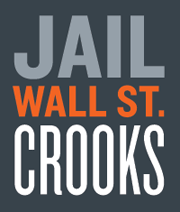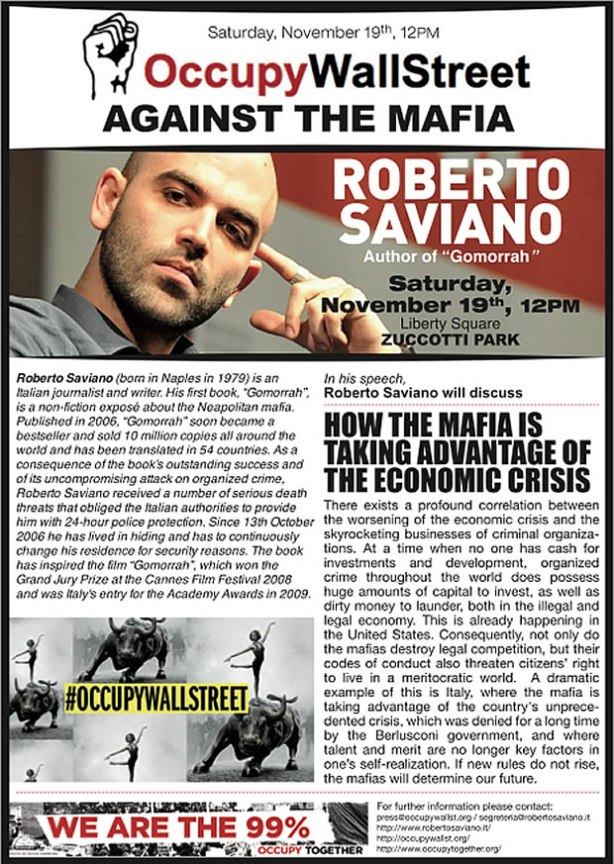Yesterday California Attorney General Kamala Harris announced she was teaming up with Nevada Attorney General Catherine Cortez Masto to investigate and prosecute foreclosure fraud and misconduct in the mortgage industry.1
In announcing the move, Attorney General Harris said, “The mortgage crisis is a law enforcement matter, and we will prosecute to hold accountable those who are responsible and also protect the homeowners who are targeted for fraud.”
The alliance with Nevada’s attorney general is a very positive move by Attorney General Harris, whom we know has been pressured by the Obama administration to cut a terrible deal with Wall Street banks that lets them off the hook.
California and Nevada are the two states that have been hardest hit by the foreclosure crisis. And Nevada Attorney General Masto has been one of the most aggressive state attorneys general in holding banks accountable for wrongdoing, including criminally indicting a number of people.
The alliance to share information, litigation strategies and evidence for both civil and criminal cases has the potential to set the stage for meaningful accountability for illegal mortgage practices that harmed millions of people in California, Nevada and across the country.
And this would not have happened without the hard work by members of CREDO and other progressive organizations who worked hard to become a forceful counterweight to the political pressure from Washington and from Wall Street to sweep this issue under the carpet.
After a recent Wall Street Journal article reported that Attorney General Harris, who had stopped participating in 50-state settlement negotiations, was being wooed back to the table, CREDO members made over 1,400 calls and sent over 8,000 faxes to her office. And we were joined by groups like MoveOn, Progressives United and Color of Change. On the ground groups, like ACCE, PICO and the New Bottom Line organized protests and rallies to demonstrate strong support for holding the banks accountable.
The fact that Attorney General Harris is deciding to join forces with the only attorney general yet to make indictments — rather than the White House which wants to get back to business as usual on Wall Street — is a very good sign for the future.
The real victory will come when California’s investigations are underway and indictments are issued by Attorney General Harris’ office — we hope that day comes soon.




